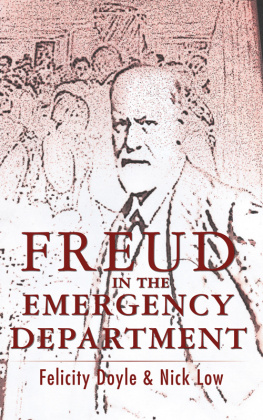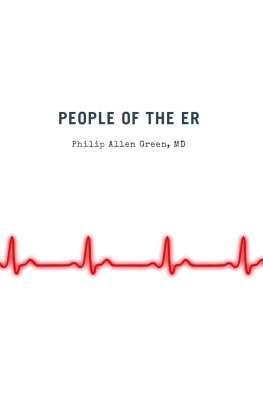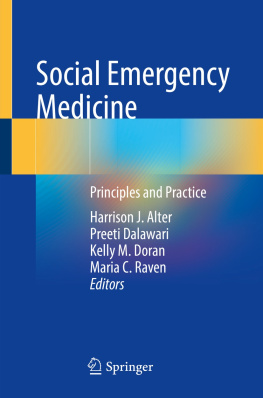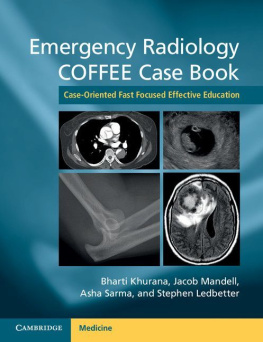

C ONTENTS/BASIC INDEX
FREUD AND HIS RELEVANCE
FREUD IN A NUTSHELL: HIS EARLY LIFE HISTORY
THE ROLE OF DEFENCES AND SURVIVAL INSTINCTS
NEUROSIS
ANXIETY NEUROSIS
OBSESSIONAL-COMPULSIVE NEUROSIS
SOMATOFORM DISORDER
PSYCHOSIS
BORDERLINE PERSONALITY STATE AND DISORDER
FREUDIAN TERMS, MECHANISMS AND PRINCIPLES
ID
EGO
THE UNCONSCIOUS
SUPEREGO
LIBIDO
COMPLEX
ANAL CHARACTERISTICS
DREAM INTERPRETATION
FREE ASSOCIATION
TRANSFERENCE AND COUNTERTRANSFERENCE
PARENTAL AND SOCIETAL INFLUENCES - THEIR ROLE IN CEREBRAL PROGRAMMING
SUPEREGO-ID-EGO-EXTERNAL WORLD RELATIONSHIP
RELATIONSHIP OF THE COMPONENTS OF THE PSYCHE
FREUDIAN DEFENCE MECHANISMS AND PRINCIPLES
REPRESSION
REGRESSION
DENIAL
ISOLATION
DISPLACEMENT
REACTION FORMATION
UNDOING
RATIONALISATION
DERATIONALISATION
INTELLECTUALISATION
IDENTIFICATION
INTROJECTION
ACTING OUT
SUBLIMATION
DISSOCIATION
AVOIDANCE
PROJECTION INWARD
PROJECTION OUTWARD
DEPROJECTION
PROJECTIVE IDENTICATION
WITHDRAWAL
SPLITTING
CONVERSION
CONDENSATION
SIMULTANEOUS EXPERIENCE OF POLAR OPPOSITE EMOTIONS
COUNTER PHOBIC IDEATION
OMNIPOTENT PHANTASY
DEFENCES SHOW DIFFERING DEGREES OF MATURITY AND SOPHISTICATION
OEDIPUS COMPLEX
OEDIPUS COMPLEX IN HUMANS AND ANIMAL BEHAVIOUR COMPARED
THE DEATH INSTINCT
SYMBOLISM, VERBAL AND NON VERBAL CEREBRATION AND UNITS OF MENTAL ENERGY
THE NATURE OF THE EGO COMMUNICATION
MEMORY TYPES AND ACCESS
PSYCHOANALYSIS AS A SCIENCE AND ART
ANTISOCIAL PERSONALITY DISORDER
NARCISSISTIC PERSONALITY DISORDER
PARANOID PERSONALITY DISORDER
DISSOCIATIVE PERSONALITY DISORDER
OBSESSIVE-COMPULSIVE PERSONALITY DISORDER
DEPRESSIVE PERSONALITY DISORDER
MASOCHISTIC PERSONALITY DISORDER
HISTRIONIC PERSONALITY DISORDER
SCHIZOID PERSONALITY DISORDER
SOCIETAL WITHDRAWL
SELF HARM INTRODUCTION
OVERDOSE AND OTHER SUICIDE GESTURES AND ATTEMPTS
ASSESSING THE RISK OF SUICIDE
MIND-ALTERING SUBSTANCE ABUSE AND ADDICTION
EATING DISORDERS
BODY MODIFICATION
GAMBLING
GENERAL LIFESTYLE ERRORS
AGGRESSION AND VIOLENCE BACKGROUND THEORY
ANTISOCIAL BEHAVIOUR
PATIENTS WHO STEAL
PATIENTS WHO HAVE COMMITTED MURDER
DELIBERATE INJURY OF CHILDREN
INTOLERANCE OF MINORITY GROUPS
SEXUAL VARIATION AND DEVIATION
SEXUAL VARIATION
MALE HOMOSEXUALITY
FEMALE HOMOSEXUALITY
SEXUAL IDENTITY
SEXUAL DEVIATION
TRANSVESTITISM
PAEDOPHILIA
FETISHISM
SADISM AND MASOCHISM
SEXUAL DEVIATIONS OCCURING IN A PUBLIC MEDIUM.
SEXUAL ASSAULT AND SEXUAL ABUSE
RELATIONSHIP FAILURE
BEREAVEMENT
FOLK TALES AND THE NHS
WHERE THE RESOURCES GO TH E TALE OF THE GIANT TROLLS, THE WOODCUTTERS AND THE LOAVES
HEALTH TOURISM THE TALE OF THE GOLDEN TIPPED JASMINE FLOWERS
THE STRESSFUL EFFECT OF PATIENTS ON EMERGENCY DEPARTMENT STAFF
FREQUENT, INAPPROPRIATE AND OTHER ABNORMAL ATTENDANCE
MIGHT THIS PATIENT ATTACK ME?
DEALING WITH PSYCHIATRIC FLARE UPS
PAEDIATRIC BEHAVIOUR PROBLEMS
SLEEP DIFFICULTIES
TANTRUMS
FOOD REFUSAL
BREATH HOLDING EPISODES
HELPFUL LINES OF QUESTIONING FOR PSYCHOSOCIAL MATTERS
OPENING QUESTIONS
QUESTIONS DESIGNED TO PUT THE PATIENT ON THE RIGHT TRACK
SURVIVAL IN THE EMERGENCY DEPARTMENT
REQUEST FOR FEEDBACK ON THIS BOOK
Dedicated to loved ones
And colleagues

I NTRODUCTION
THE PURPOSE OF THIS BOOK
All of life is a mind game. When the body fails, its still a mind game.
Emergency Department staff are, of course, mere humans dealing with human illness and injury, which are often stressful to manage in their own right. Adding the personality factor of dealing with patients just increases the stress further. Indeed, the interaction between personalities can sometimes be one of the key features in the stress of the job. It is an inescapable human fact that there is an emotional reaction during the meeting of any two people, which rapidly intensifies and is a reflection of many, many deep layers of previous psychological encounters that have occurred throughout the lives of the two participants. For patients, the Emergency Department can be a sanctuary, a threatening environment or an admixture of both.
Much of what is required to understand human nature - or at least to begin to understand it - was written by Freud, the founder of psychoanalysis. Medicine is unknowable for it is such a vast subject and medical practice itself is a very sticky wicket with bad luck and time pressures just adding to the difficulties of Emergency Department work. Freud stated that his primary aim for his patients was to convert their lives from their current plight into ordinary misery and he developed methods of achieving this via a process of providing insight into the origins of learnt patterns of dysfunctional thought and behaviour, thereby preventing repetitive cycles of these. Freud had no notion of providing a personal psychological utopia for his patients.
This book does not in the slightest purport to provide a means for Emergency Department staff to achieve Freuds primary aim for patients, just to provide some form of understanding of their psyche using his principles. Nor does this book attempt to deal in any detail with formal psychiatric illness, but rather focuses mostly on personality factors. In other words, this book merely attempts to give a psychoanalytic viewpoint of why patients behave as they do. Quite simply, using existing and well-known Freudian concepts, it attempts to explain some of the interactions between patients and staff. It is hoped it will make this difficult aspect of Emergency Department work more bearable by giving staff an understanding of what is happening and therefore enabling them to take a step back from the stress of the interaction. In fact, all of the emergency services have to deal with difficult aspects of human emotion and behaviour, for the people they face will usually be in a mentally stressed state and almost certainly in totally unfamiliar circumstances. Each person being helped will on some level feel vulnerable in some way and the way in which they behave will be a reflection of their psychological life history. Emergency personnel of all of the blue light services will deal with the whole spectrum of personality expression; ranging from the charming and quaint bespectacled great-great grandmother, to a sociopathic hulk of a man who has just bludgeoned a man half his size whom he felt had shown some (imagined) disrespect. It is obviously easier for staff to deal with the suffering of the elderly lady and to feel empathy for her, but the point is that on some level the hulk may have an inner psyche in which he suffers unimaginable torment due to previous appalling psychic trauma. The delightful grandmother may have come from a genteel and stable background and thereby benefited from having loving and devoted parents, but the hulk may have come from a disastrous dysfunctional background characterised by brutal abuse and neglect when he was a defenceless toddler.
Next page












